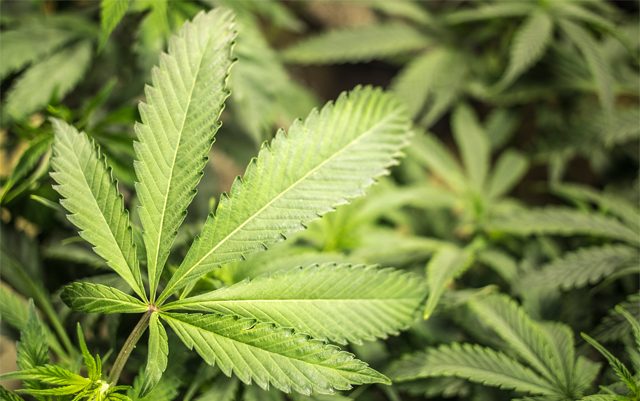Earlier this week, the Senate in the Commonwealth of the Northern Mariana Islands – a U.S Territory in the Pacific Ocean near Guam – voted 6-0 to legalize marijuana for adult use, including sales and home growing.
The Governor of the CNMI, Republican Ralph Torres, now has less than a month to either sign or veto the measure; if he does nothing, it will become laws 28 days from the time that the Senate passed it. Although Torres has expressed reservations in the past about the safety aspects of legalization, many are optimistic that the GOP Governor will sign the bill that got such overwhelming support from the GOP-dominated legislature. The measure passed the CNMI House 18-1 earlier this month.
If the bill becomes law, it will take its place in marijuana law reform history as a series of firsts: The first legalization measure that includes commercial sales passed by a legislature in the U.S., and the first cannabis legalization measure passed in a U.S. territory. CNMI would also become the first jurisdiction in the U.S. to pass recreational cannabis legalization without first passing some sort of medical cannabis legislation.
“This is a historic moment, as it is the first time a governing body in the U.S. has ever enacted legislation to both end marijuana prohibition and establish a system of regulation to replace it,” said Karen O’Keefe, the director of state policies for the Marijuana Policy Project. “Adults and medical cannabis patients will finally be able to access marijuana safely and legally, and products will be regulated and controlled to ensure they are safe for consumers. This legislation will allow for the establishment of new businesses that create jobs and generate new tax revenue that can support important programs and services.”
The Northern Mariana Islands consist of a series of 15 islands in the Northwestern Pacific and has a population of about 53,000 people. If the measure passed this week by the CNMI becomes law, adults that live there will be able to possess up to an ounce of marijuana, as well as grow at home and eventually buy cannabis from regulated retail shops.
Much remains to be seen about the effects of legalization in CNMI if it becomes law, but one could envision the islands becoming some sort of tourist attraction for cannabis connoisseurs. In any case, recent events there show that progress when it comes to marijuana law reform doesn’t have to fit into one pattern.






